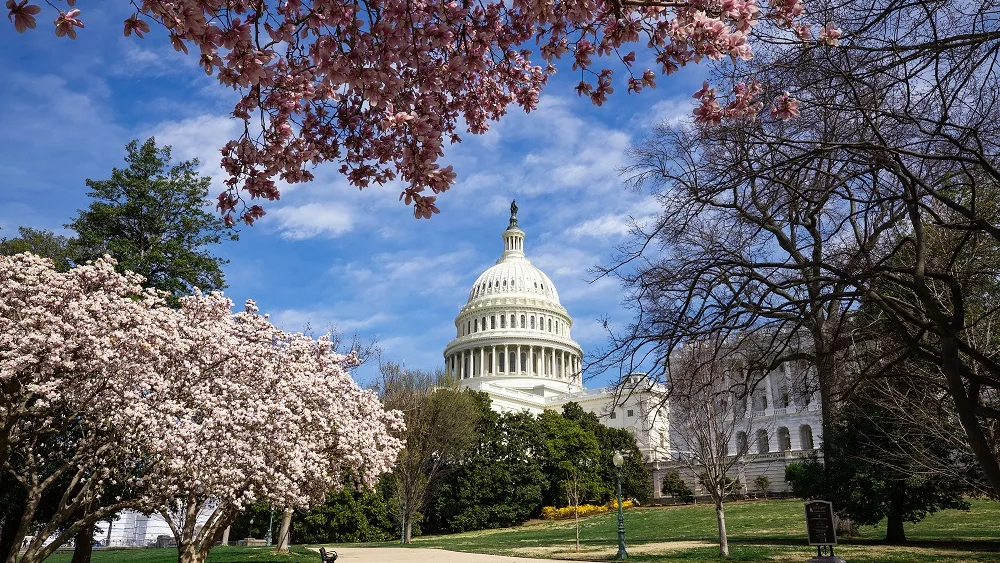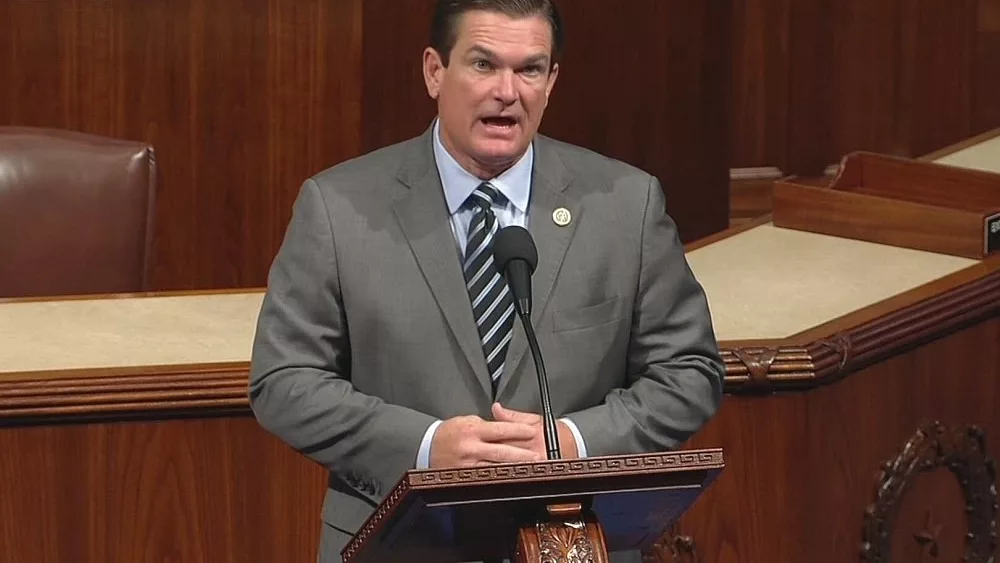A surprise decision from the EPA to ban the use of chlorpyrifos on food is sending shockwaves through Michigan’s agricultural community and leaving growers concerned for their crops.
The decision broke from the longstanding procedural safeguards provided by Congress and supported by science, denying farmers, retailers, and the public the opportunity to have their voices heard, according to Michigan Farm Bureau President Carl Bednarski, a Tuscola County crop producer.
“This chemistry has been in production for over 50 years, used on over 50 crops in 45 states, and has been deemed the most widely used organophosphate broad-spectrum insecticide in the United States,” Bednarski said.
The insecticide is primarily used as a onetime application pre-season by Michigan fruit producers to protect the tree/bush/plant from borer infestation, never touching any part of the harvestable fruit. It’s also used in row-crops, including corn, soybeans and sugar beets, to control pests.
Now, growers who depend on chlorpyrifos to help ensure their safe, nutritious crops grow reliably are being left with few — if any — options to keep insects from decimating their fruits and vegetables and row crops, despite sound science backing the safety of its use.
Chlorpyrifos has proven popular with growers due to its immediate effectiveness and a very short 7-day residual period following application, a critical factor ignored by EPA decision makers, says Bednarski.
“The safety of this chemistry stands on over 50 years of experienced use, health and safety of workers and applicators, and over 4,000 studies that prove scientifically, the safety of this product to human health, and environmental impact,” he said.
Sen. Roger Victory (R-Hudsonville) is one the farmers facing a bleak future without chlorpyrifos to protect his turnip crops against devastating infestations of cabbage maggots. He said it was like being blindsided to learn of the EPA’s ban without a properly vetted review process.
“It seems like a knee-jerk reaction for some type of agenda, and the unintended consequences could be using something else for control that’s not friendly to the team members or the consumer,” Victory said.
The Michigan Farm Bureau is among the many ag groups calling for the EPA to reconsider its decision — at the risk of jeopardizing the continued use of other essential pesticides as a result of legal challenges from anti-chemical activists.
“Our members have demonstrated — time and again — an unparalleled ability for innovation, efficiency, environmental care, and following a strict code of ethics and best management practices when utilizing crop protection materials,” Bednarski added.
“The decision by the EPA robs Michigan’s growers of their due process and rights.”





